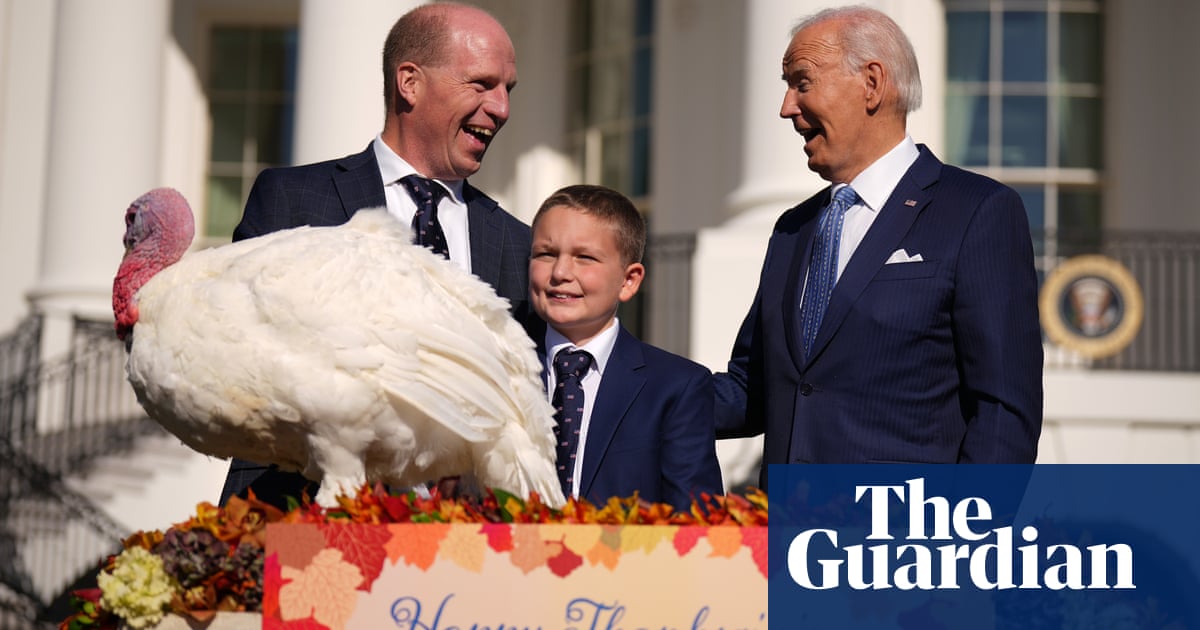Small business owners have had a mostly positive reaction to a judge's decision to strike down an overtime rule that would have qualified more workers for overtime pay.
On Nov. 15, a federal judge in Texas blocked a new rule from the Biden administration that would have expanded access to overtime pay to millions more salaried workers across the U.S. Nearly all hourly workers in the U.S. are entitled to overtime pay after 40 hours a week. But many salaried workers are exempt from that requirement — unless they earn below a certain level.
The now-scuttled rule would have marked the biggest increase to that cap in decades. As of July 1, employers were required to pay overtime to staffers who make $43,888 a year in certain executive, administrative and professional roles — and that would have risen to $58,656 a year as of Jan. 1. But now the previous threshold of $35,568 — which was set in 2019 under the Trump administration — is back in effect.
The judge said the department could not prioritize employee wages over job duties when determining eligibility.
Guillaume Drew, founder of Or & Zon, a New York company that sells sustainable home goods online with 12 staffers, said overturning the rule helps him keep labor costs and prices of goods down, particularly for future employees, since none of his current staffers would have been affected. But he said it's still important employees are paid fairly for their time and effort. Because the ruling was overturned, he'll probably offer employees incentives like spa days and letting them work from home rather than overtime pay.
“Companies need to find an equilibrium between being financially viable and caring about employees,” he said.
Sheldon Sutherland, owner of Epoxy Werx, a San Diego-based business with 12 employees specializing in epoxy flooring, said the ruling is positive for his company.
“As a small business, managing labor costs is critical, and the proposed change would have increased expenses significantly,” he said. “The decision allows us to maintain current pay structures, ensuring financial stability while continuing to offer competitive wages.”
Small business organizations also applauded the measure.
“Although blocking any increase to the threshold fails to take into account inflation, the Department of Labor tried to do too much too fast resulting in sticker shock for small businesses that are still recovering from the pandemic," said Small Business Majority Founder & CEO John Arensmeyer. "More measured and predictable increases are in order.”

 German (DE)
German (DE)  English (US)
English (US)  Spanish (ES)
Spanish (ES)  French (FR)
French (FR)  Hindi (IN)
Hindi (IN)  Italian (IT)
Italian (IT)  Russian (RU)
Russian (RU) 























Comments